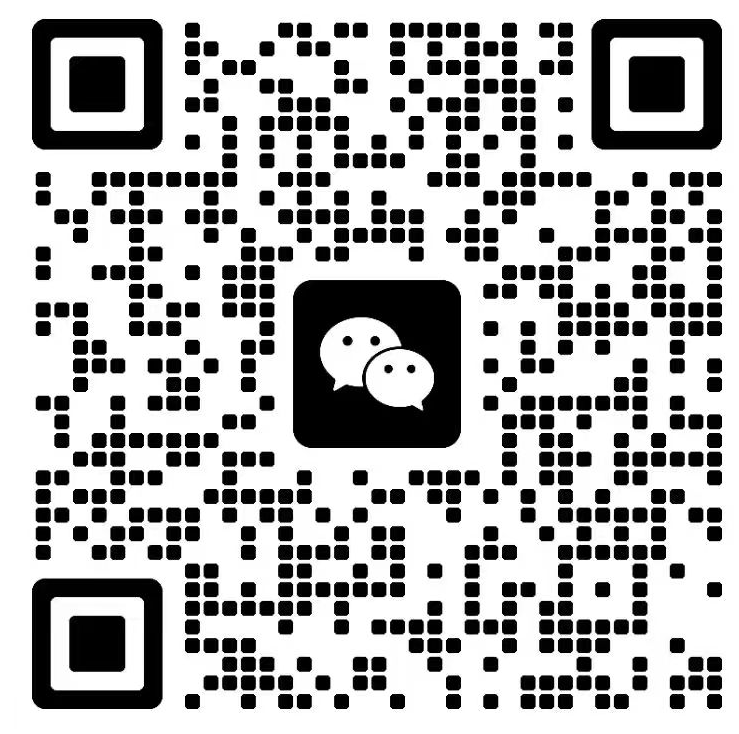【摘要】2020年MBA考試越來越近了,在備考的最后關(guān)頭千萬不要亂了陣腳哦,越是臨近考試越要靜下心來培養(yǎng)一種良好的考場(chǎng)心態(tài),把每一天都當(dāng)考試當(dāng)天,每一道題都當(dāng)考試題,盡快鍛煉自己不怯考場(chǎng)的能力。以下內(nèi)容是2020年MBA考試考前英語(yǔ)外刊閱讀(十)。
After years of timidity Big Tech, with its billions of users and gigantic war chest, at last appears serious about crashing their party. Amazon introduced a credit card for underbanked shoppers in June; Apple launched its own credit card in August. Facebook announced a new payments system on November 12th (its mooted cryptocurrency, Libra, however, has lost many of its backers and will face stiff regulatory scrutiny). The next day Google said it would start offering current (checking) accounts in America in 2020.
Individually, each initiative is relatively minor, says Antony Jenkins, a former boss of Barclays, a bank, now at 10x, a fintech firm. But together they mark the acceleration of a trend that could reshape the finance industry. The gafas have long had an interest in finance. Yet until recently they focused on payments, each in its own way.
Apple Pay and Google Pay are digital wallets: they hold a digital version of cards but do not process transactions. Neither charges merchants a fee. They simply store everything in one place and make payments more secure by masking customer details. Google collects transaction data; Apple does not. Otherwise holding a phone over a contactless terminal is the same as tapping a card.
文本選自:The Economist(經(jīng)濟(jì)學(xué)人)
板塊:Finance and economics
原文標(biāo)題:Big Tech takes aim at the low-profit retail-banking industry
參考翻譯
經(jīng)過多年的小心行事,擁有數(shù)十億用戶和巨額資金的大型科技公司,似乎終于要加入它們(金融科技領(lǐng)域)了。今年6月,亞馬遜向沒有信用記錄或信用不良的消費(fèi)者推出了一種信用卡;8月,蘋果公司推出了自己的信用卡。11月12日,F(xiàn)acebook宣布了一套新的支付系統(tǒng)(其備受爭(zhēng)議的加密貨幣Libra, 已經(jīng)失去了許多支持者,將面臨嚴(yán)格的監(jiān)管審查)。谷歌隔日表示,將于2020年開始在美國(guó)提供活期(支票)賬戶的服務(wù)。
巴克萊銀行的前老板安東尼•詹金斯,現(xiàn)在任職于10x(10x Future Technologies)這家金融科技公司,他表示,就個(gè)體而言,每一項(xiàng)舉措的影響力都是相對(duì)較小的。但它們聯(lián)合起來,標(biāo)志著一種可重塑金融業(yè)的加速趨勢(shì)。美國(guó)科技界的四大巨頭一直對(duì)金融領(lǐng)域頗感興趣。然而,直到最近,他們才以各自不同的方式專注于支付業(yè)務(wù)的發(fā)展。
蘋果支付和谷歌支付都屬于電子錢包:它們持有電子版本的卡,但不處理交易。它們也不向商家收取任何費(fèi)用。他們只是把所有信息都儲(chǔ)存在一個(gè)地方,通過加密客戶的個(gè)人信息,讓支付更加安全。谷歌會(huì)收集交易數(shù)據(jù);蘋果則不會(huì)。除此以外,把手機(jī)置于非接觸式終端上就相當(dāng)于輕觸刷卡。
以上就是2020年MBA考試考前英語(yǔ)外刊閱讀(十)的全部?jī)?nèi)容。沖刺階段一定要注意梳理掌握知識(shí)體系,查漏補(bǔ)缺,學(xué)會(huì)反思、善于總結(jié),避免無所謂的丟分,重點(diǎn)解決會(huì)而不得分的問題。




